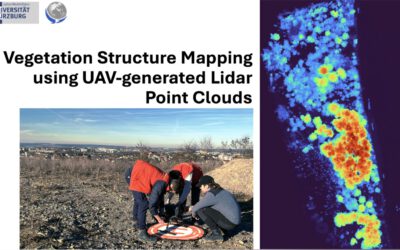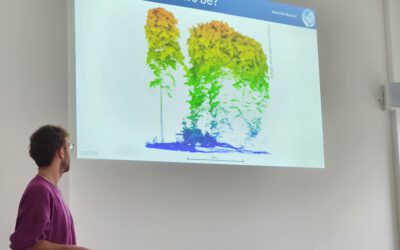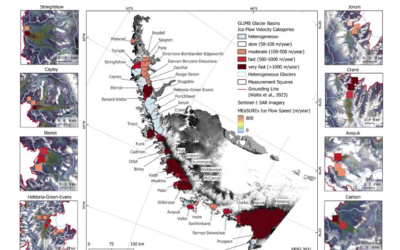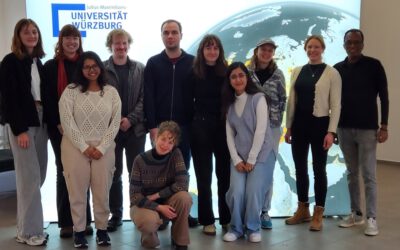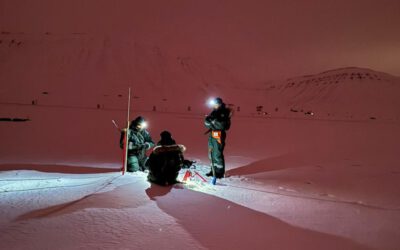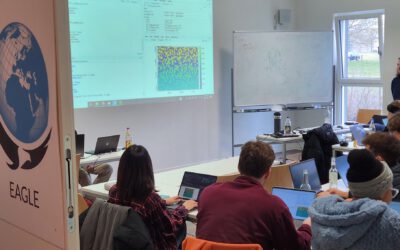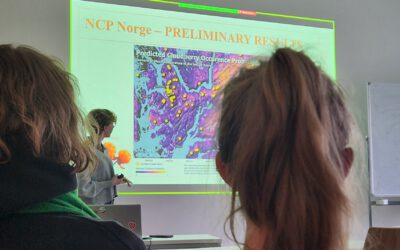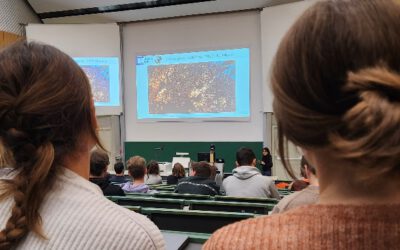Aim
Aim of this course is to provide you with an overview on geographic processes of urbanization, the related demographic and structural changes of cities, and data analyses methods using remote sensing data for applications in urban geography.
Content
Humankind is within its largest migration ever: from rural areas into cities. The drivers of this global process of urbanization from demographic to economic and the related structural changes cities are facing will be discussed in this course. Remote sensing is one crucial data source in this dynamic transformation and its products are highly relevant for urban planning, as well as environmental management. Within this course different approaches and techniques are covered focusing on deriving relevant information about urbanized areas on different levels of detail. Uni-temporal-, multi-temporal-, and time series based image classification, segmentation, the analyses of point patterns, GIS analyses to assess spatial context and dependencies, as well as analyses in the 3D domain will be addressed in this course. This will be done providing and discussing example applications from different regions globally (e.g. urban sprawl analysis of megacities, the development of new dimensions of urban landscapes such as mega-regions, the rearrangement of business districts within the urban landscape, etc.). You will learn what capabilities Earth observation data, methods and products have for urban research and applications and how to design remote sensing based urban analysis, how to avoid caveats, troubleshoot errors and interpret the results.
General Course News and Updates
course on Theory and Practice of UAS Operation and Methods
Last week our staff members Antonio Gomez Castaneda and Luisa Pflumm did an UAS course within out EAGLE M.Sc. program. The primary objective of this course is to prepare students — from having no prior experience — to safely operate drones for scientific applications....
Mastering Scientific Presentations: How EAGLE MSc Students Elevate Their Soft Skills
In the world of science, research is only as powerful as its communication. At the EAGLE MSc program, we recognize that technical expertise alone isn’t enough—soft skills like scientific writing, visual storytelling, and presentation skills are just as crucial. That’s...
EAGLE Master Defense “High Performance Computing for Earth Observation Time Series Analysis: A Case Study on Glacier Dynamics on the Antarctic Peninsula”
On February 28, 2025, Sarah Leibrock will present her internship on "High Performance Computing for Earth Observation Time Series Analysis: A Case Study on Glacier Dynamics on the Antarctic Peninsula" at 11:00 in seminar room 3, John-Skilton-Str. 4a.High Performance...
EAGLE course by Dr. Celia Baumhoer on Polar and Glacier Earth Observation
Our EAGLE students had this week the opportunity to attend an intensive course led by Dr. Celia Baumhoer, an expert in Earth observation of polar and glacier ecosystems. The course, which covered both the Antarctic and Arctic regions, as well as glaciers in the Alps,...
EAGLE Students Explore LiDAR Data with QGIS, Whitebox, and CloudCompare
At EAGLE, our students continuously expand their expertise in Earth observation by learning various data processing techniques. Today, they are diving into LiDAR data analysis, using QGIS, Whitebox, and CloudCompare to enhance their skills in handling different remote...
Exploring Whitebox Tools: EAGLE Students Dive into Geomorphology and Hydrology Applications in QGIS
In the world of Earth observation and geospatial analysis, staying ahead of the curve requires familiarity with the diverse environments and various powerful scientific software tools. At EAGLE, our students have the opportunity to also explore the vast potential of...
Exploring the Arctic: Eagle MSC Students Lena and Ronja Conducting UAS Research
The Arctic is one of the most extreme and fascinating environments on Earth, offering an unparalleled opportunity for scientific research. For Eagle MSC students Lena and Ronja, this unique landscape is not just a place of study—it's also an unforgettable adventure....
Integrating R and Whitebox Tools for Geospatial Analysis
Within the EAGLE M.Sc. program our Earth Observation students have managed to understand some important research approaches within just the first term of their studies. Integrating and working with several environments simultaneously is a critical tasks for their...
Mapping NCPs in Norway: An Internship Presentation by Sonja Maas
On January 28, 2025, Sonja Maas delivered an insightful presentation on her internship project titled "Mapping Ecosystem Services in Norway." Hosted by the University of Bergen, this internship focused on the critical role that nature plays in supporting human...
Our Eagles Soar in Remote Sensing: A Look Back at Their Successful Scientific Presentation Course
We are thrilled to share the amazing achievements of our talented students who recently completed their scientific presentation course with flying colors. Our eagles had the exciting opportunity to introduce over 100 BSc students to the world of remote sensing,...

